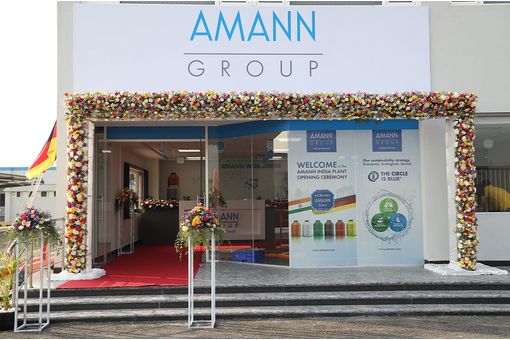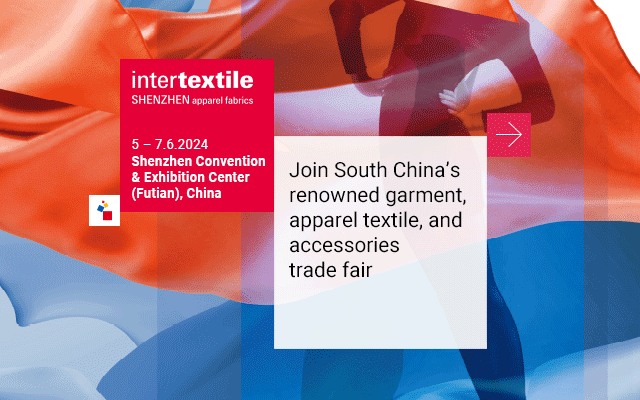Atlantic Council highlights Bangladesh's potential as FDI hub

Insights
- With large, young workforce and being strategically located within Asia, Bangladesh has potential to become major hub for FDI.
- This potential can be unlocked by addressing bureaucratic hurdles, infrastructure and checking corruption.
- FDI decisions in 2022 were significantly influenced by three factors: security, property rights, and bureaucracy and corruption.
Despite Bangladesh’s aspirations to become economically prosperous, it has consistently lagged its neighbours in attracting FDI even if currently its FDI stands at a mere 0.4 per cent of GDP, well below the global average of 1.7 per cent.
The Atlantic Council emphasised the urgent need for reforms to enhance investment freedom and attract more foreign capital.
The thinktank drew attention to a shifting trend in global FDI known as “friendshoring,” wherein countries prefer economic partnerships with trusted allies over geopolitical rivals. Bangladesh, with its burgeoning manufacturing sector and strategic positioning, is poised to benefit from this trend. However, significant investments in transportation, power, logistics, and skill development are necessary to capitalise on this opportunity.
The Atlantic Council’s analysis reveals that FDI decisions are heavily influenced by security, property rights, and bureaucratic efficiency. In Bangladesh, property rights have stagnated, hindering long-term investments and entrepreneurial endeavours.
The report thus recommended improvements in land titling and registration systems to create a conducive environment for investment.
Furthermore, data indicates a strong correlation between investment freedom and FDI inflows and countries with greater economic freedom tend to attract higher levels of FDI per capita.
However, despite Bangladesh’s progress in investment and trade freedom, overall economic freedom has declined in recent years, necessitating renewed efforts to revitalise trade and investment policies.
Fibre2Fashion News Desk (DR)
































-Ltd..jpg?tr=w-120,h-60,c-at_max,cm-pad_resize,bg-ffffff)





.jpg?tr=w-120,h-60,c-at_max,cm-pad_resize,bg-ffffff)
.jpg?tr=w-120,h-60,c-at_max,cm-pad_resize,bg-ffffff)









